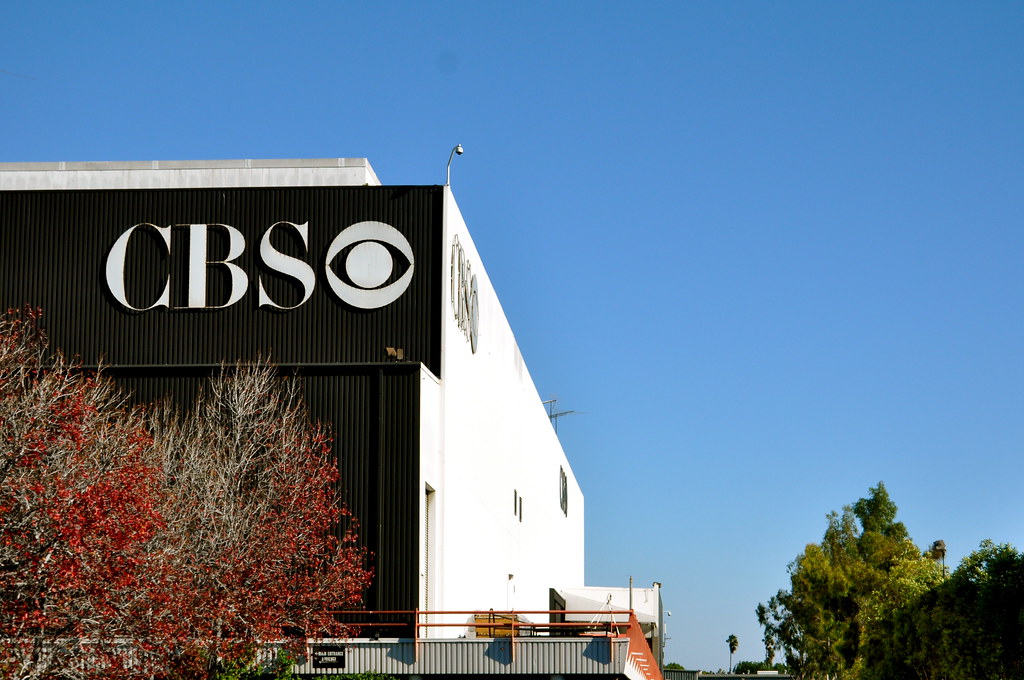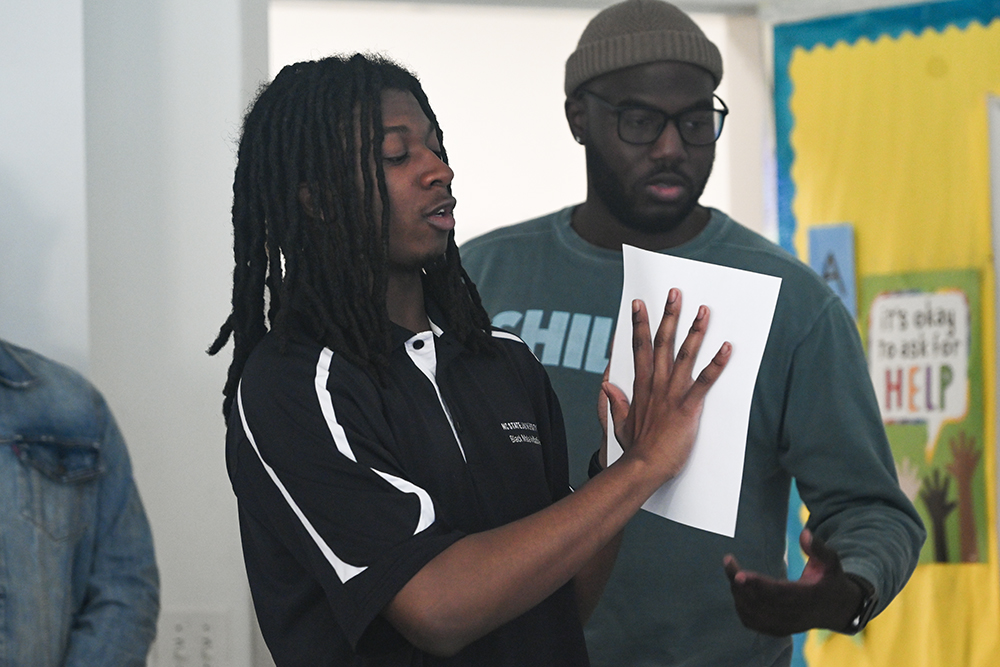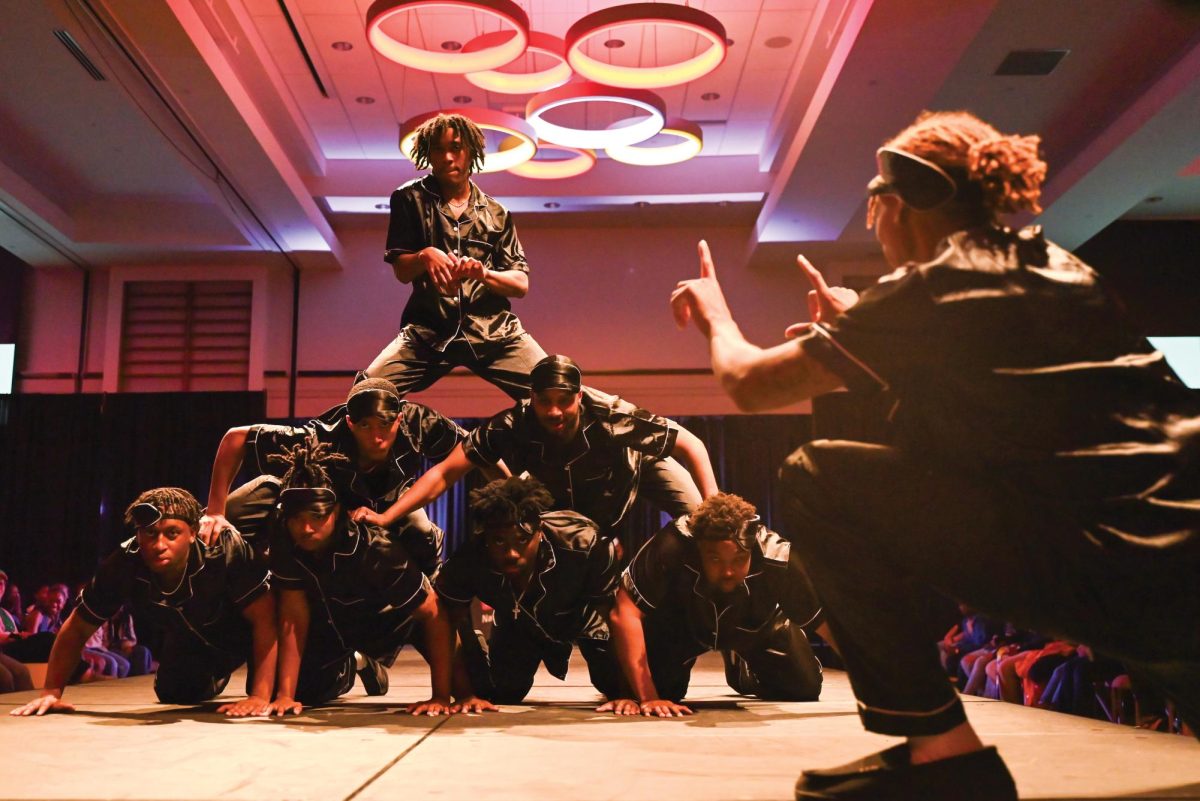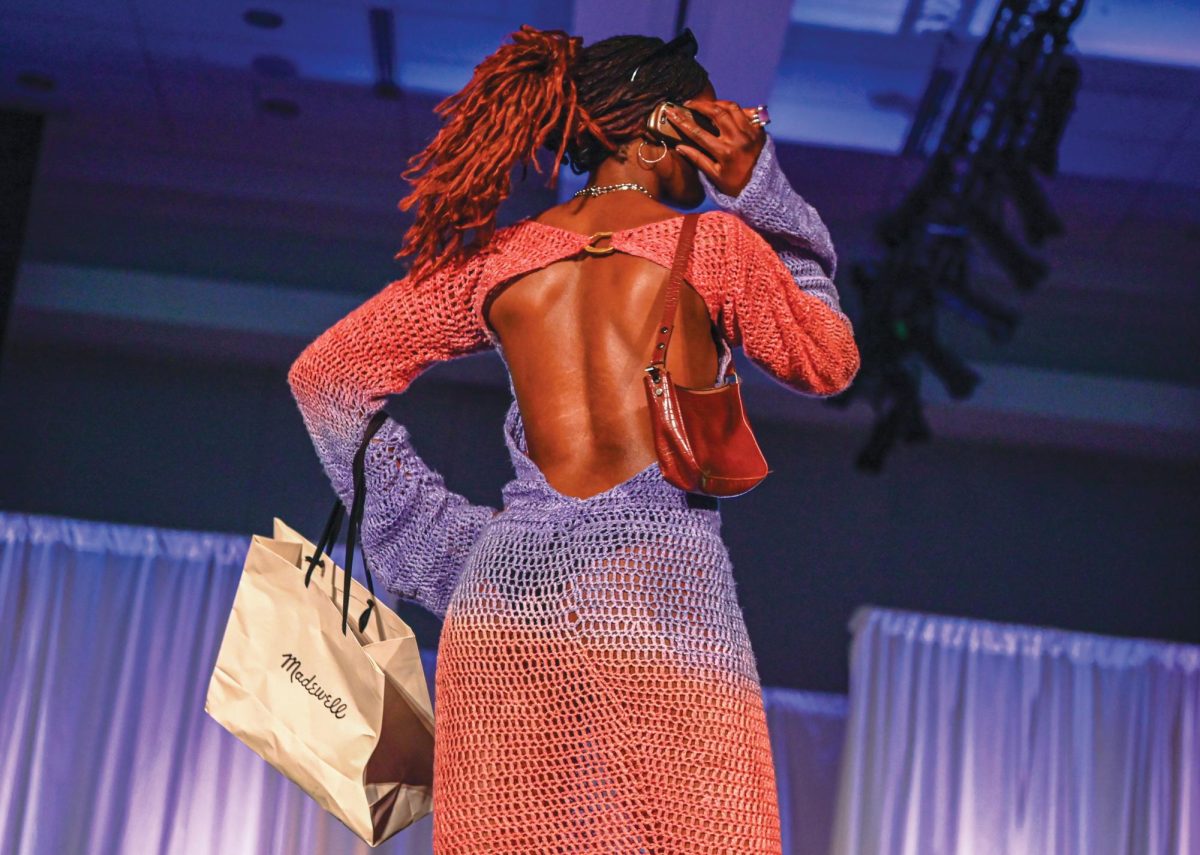America is not a perfect country, and it has not been in the past either. It has been riddled with political strife and has denied many groups the basic right to live in a truly free country. The great thing about our country is our ability to change for the better.
The great heroes of the past have resonated inspiring stories and imparted beauty in our hearts. Martin Luther King Jr. empowered us with his role in the Civil Rights Movement.
The Women’s Suffrage Movement gave women the same impermissible rights as men. But who has ever heard of Harvey Milk, the first openly gay official elected to public office? Milk is not just a documentary about the man or even the gay and lesbian movement. Gay rights are not just an issue, they affect people’s lives. It is because of every closet door which drove Milk. He kept trying, running for office four times, losing many lovers in the process, facing death threats, but he kept trying.
“All men are created equal,” Milk, played by Sean Penn, proclaims, “No matter how hard you try, you can never erase those words.”
Penn’s performance is brilliant, and is worth 100 percent of his Academy Award. It is Milk’s little idiosyncrasies that cement his role. His wide, wrinkled smile, emphatic gestures, and relentless sense of optimism make the man more real. It is hard not to love Milk, because he is so personable. “You’re going to meet the most extraordinary men,” he coaxes activist Cleve Jones, “the sexiest, brightest, funniest men, and you’re going to fall in love with so many of them, and you won’t know until the end of your life who your greatest friends were or your greatest love was.”
Jones, played by Emile Hirsch, is an eccentric character, young and more restless than Milk, but he is no less active and passionate about the movement. He immediately takes the ropes of the movement, having witnessed a Spanish drag queen keep trudging long after being shot to death. Jones takes on conservative crusaders, Anita Bryant and John Briggs, the latter of whom founded the Briggs Initiative, which proposed banning gay teachers and their supporters from public schools in California. Jones marches through the streets chanting: “Anita! You liar! We’ll set your hair on fire!” It’s a riotous affair, but one centered on ideas of hope and social justice.
Milk is a testament to the gay and lesbian movement in the controversial late ’70s, but the prejudices that drive Milk to politics are the prejudices that are still alive in today’s society. As long as we deny gay people equal rights and continue to have “gay” as a synonym for stupid in our lexicon, we are doomed to repeat history. But Milk’s legacy was not in vain. “If a bullet should enter my brain,” he says, “let that bullet destroy every closet door.” He paves the way for equality for all citizens in the future, but we must all work towards this goal. Harvey Milk wants to recruit you- to go out, rent the movie, and fight for equal rights.





